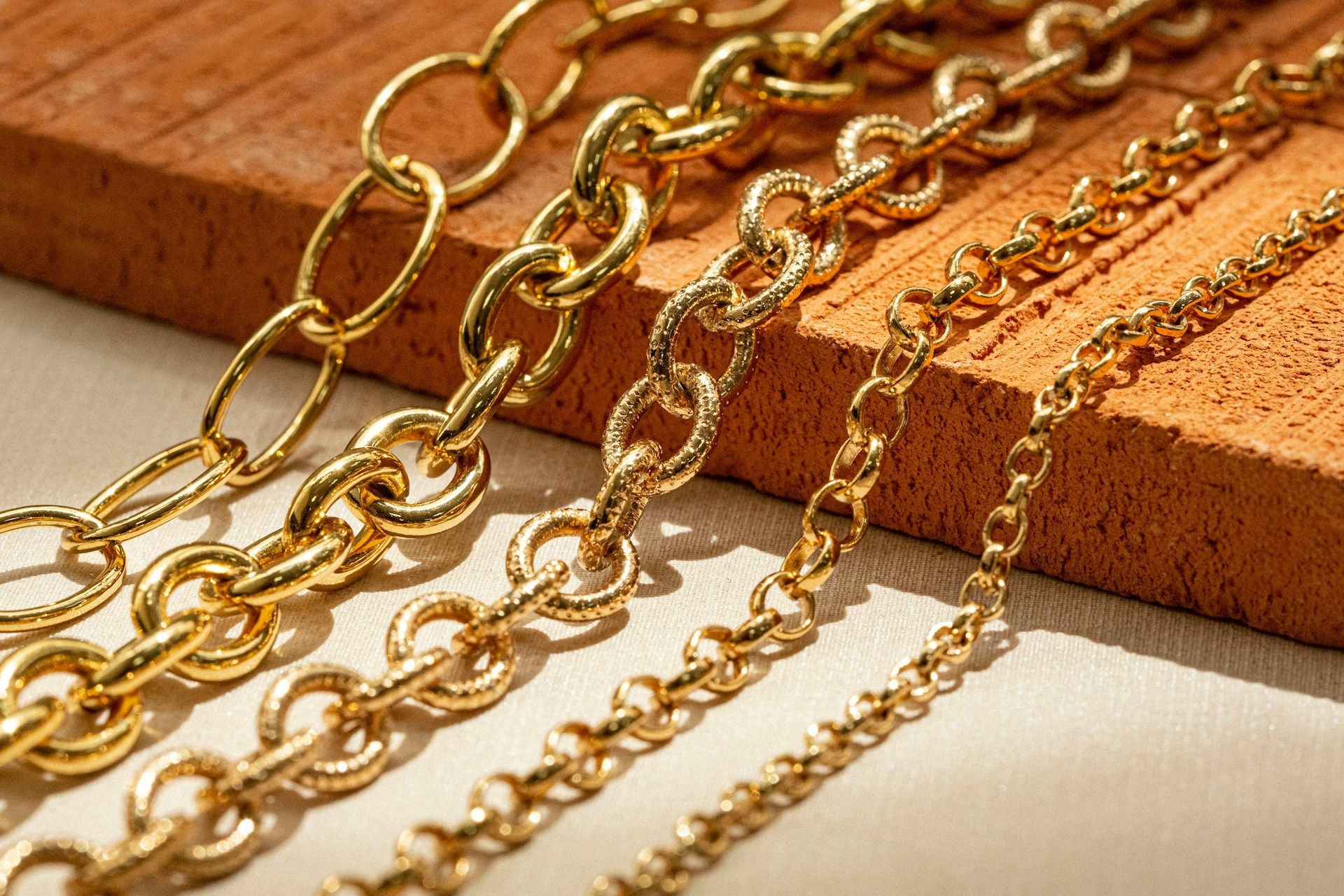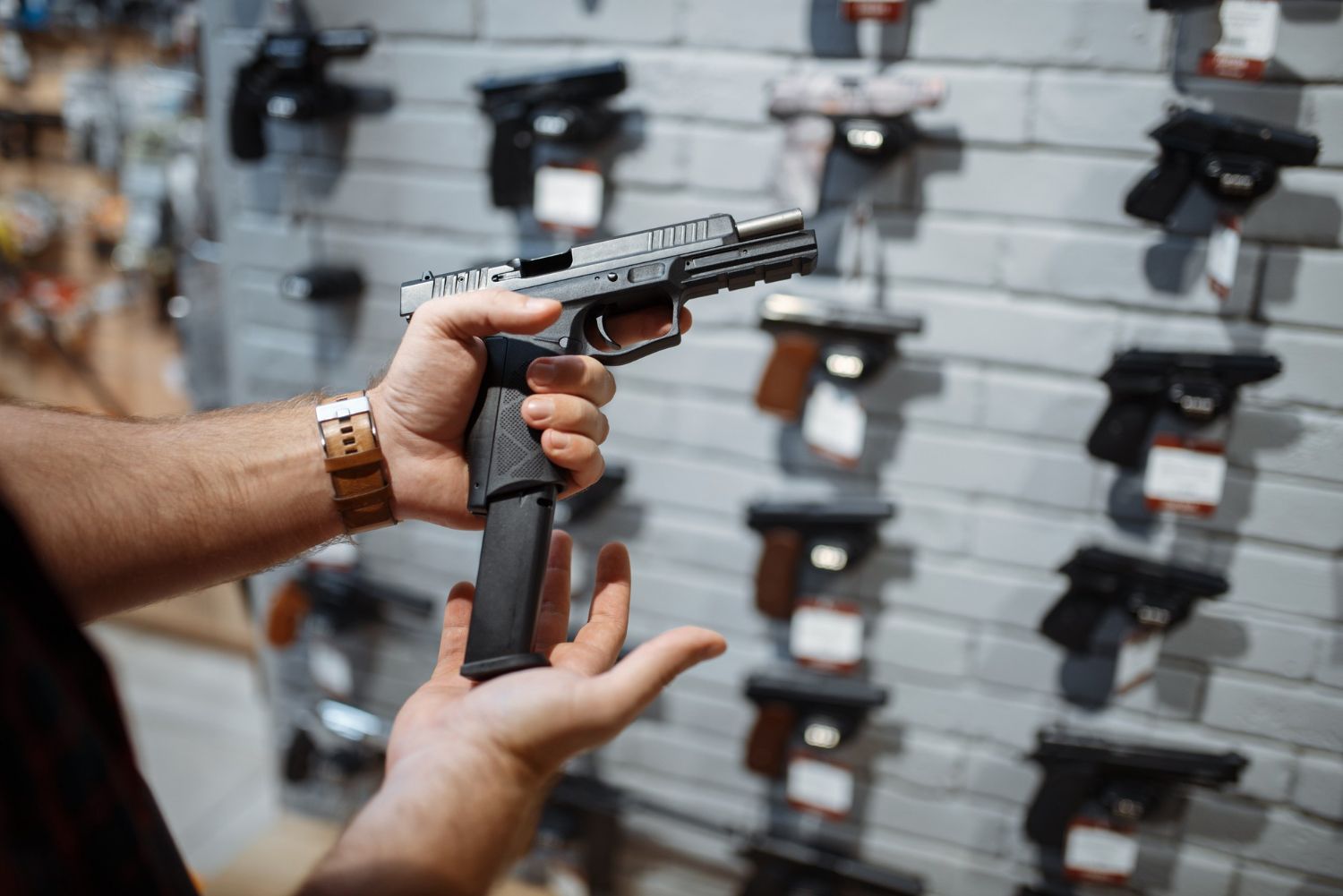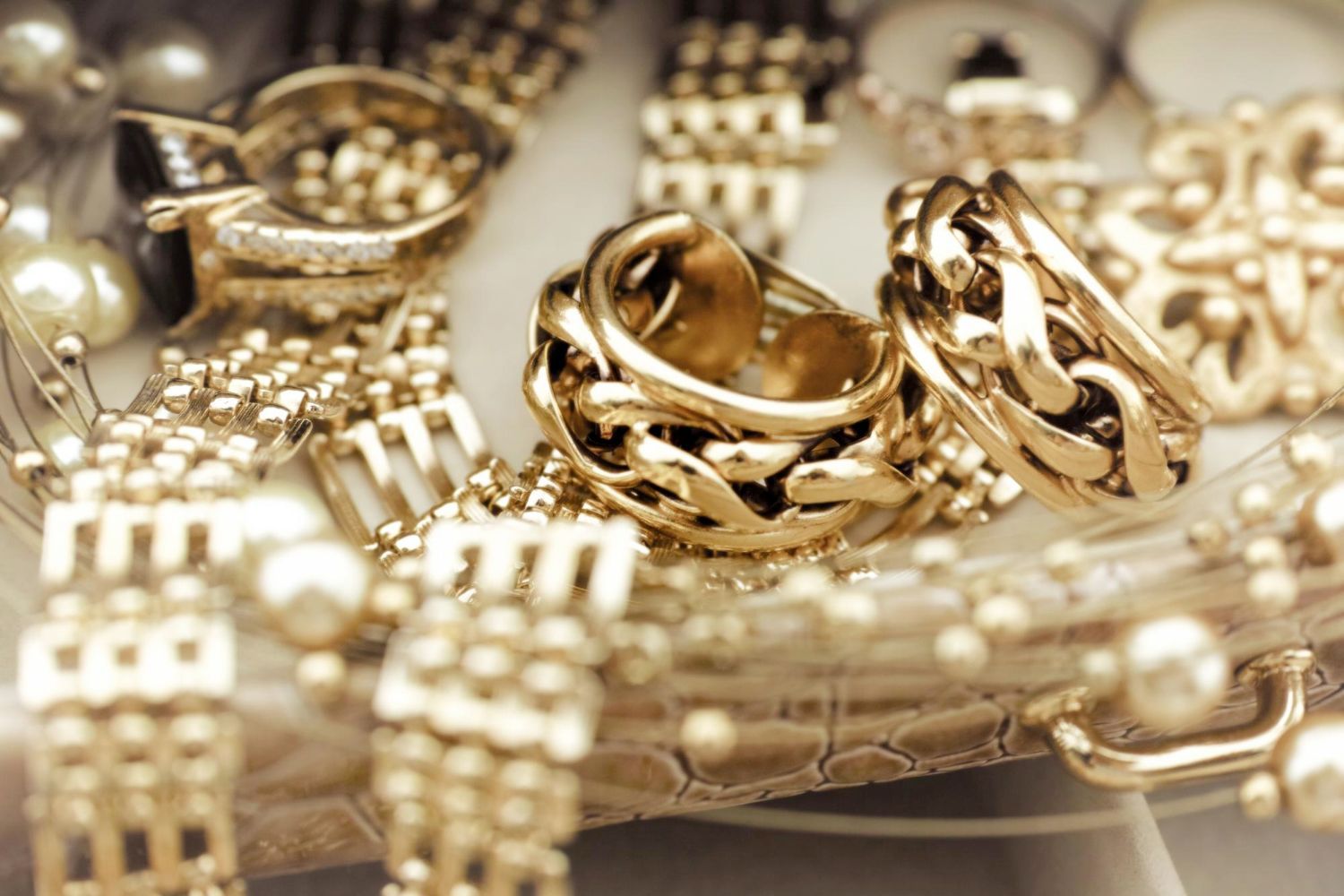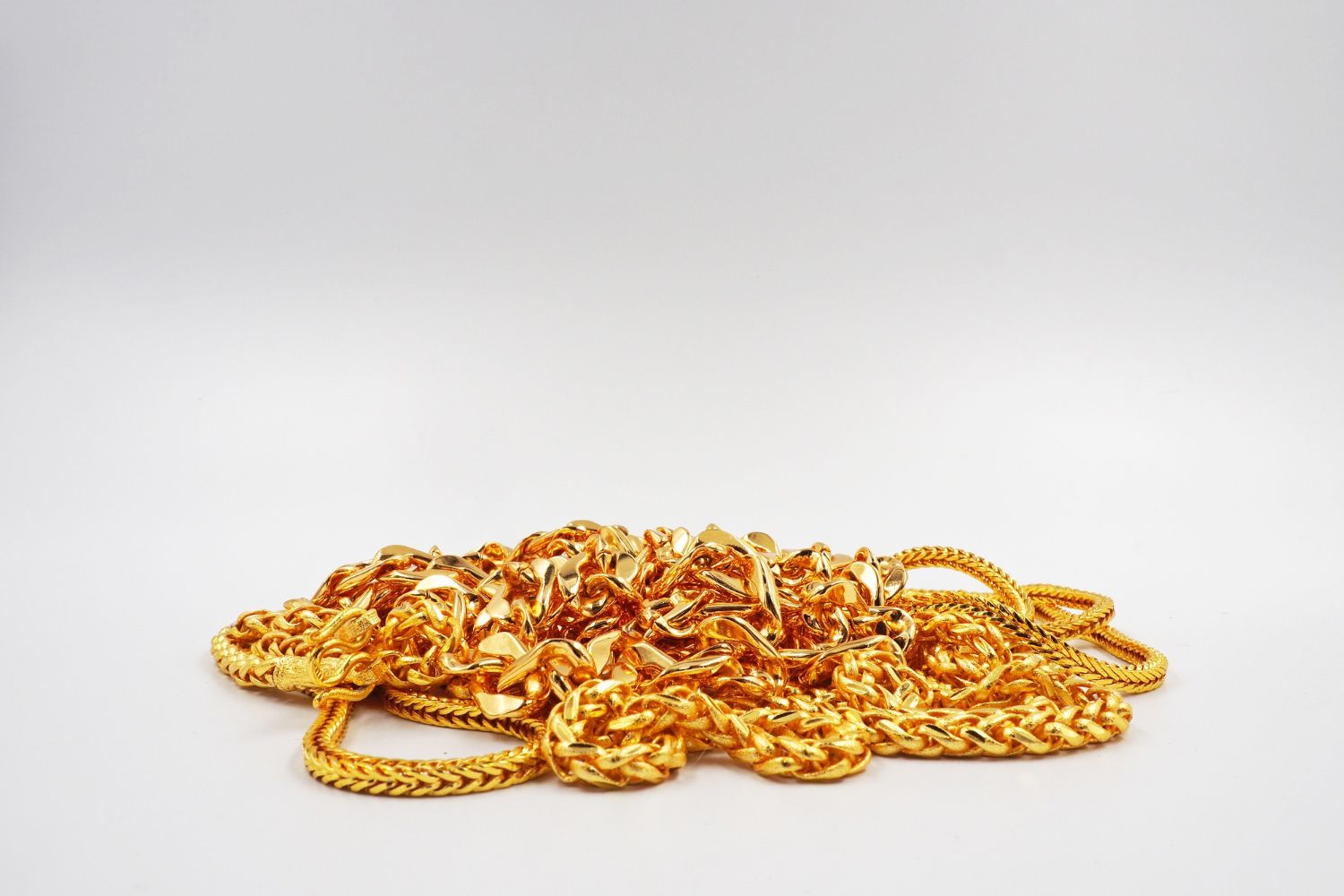Understanding the Pawn Process
Pawning items can be a quick and efficient way to get the cash you need. Whether you have valuable jewelry, electronics, or collectibles, understanding the pawn process can help you make the best decisions. By knowing what to expect, you can confidently bring your items to a pawn shop and get a fair deal.
First, you need to assess the value of your item. This involves some research and understanding of what makes your item valuable. Once you're ready, bringing your item to the pawn shop is the next step. The pawnbroker will examine your item and provide an offer. This is where negotiation skills come in handy; you have the chance to discuss the offer and understand the terms involved.
After agreeing on an offer, you’ll receive a pawn ticket, which states the loan terms. When you're ready to repay the loan, you bring the ticket back to retrieve your item. Understanding each step of this process ensures a smooth and successful experience, so you can get the cash you need without any hassles.
Assessing Your Item's Value
Before bringing an item to the pawn shop, it's important to know its value. Start by researching similar items online to get an idea of what your item might be worth. Look for items in similar condition and note the prices they are selling for. This research will give you a ballpark figure to keep in mind.
Next, consider any unique features or damages your item might have. For example, if you're pawning a piece of jewelry, the type of metal, gemstone quality, and brand can all impact its value. For electronics, make sure they are in good working order and check if they have any wear and tear. Original packaging, accessories, and manuals can also increase the value of your item.
Finally, some items may require a professional appraisal. High-value items like antiques, collectible coins, or rare art pieces might need a certified appraiser's opinion. This extra step can give you a more accurate valuation and strengthen your case when negotiating with the pawnbroker.
Bringing Your Item to the Pawn Shop
Once you know your item's value, the next step is bringing it to the pawn shop. Make sure your item is clean and presentable, as this can impact the offer you receive. Gather any accessories, receipts, or certificates of authenticity that might accompany your item, as these can add to its value.
When you arrive at the pawn shop, you'll need to present a valid ID. This is a standard procedure that helps protect both you and the pawnbroker. The pawnbroker will then examine your item closely. This evaluation includes checking the item's condition, verifying its authenticity, and considering current market demand.
Once the pawnbroker completes the examination, they will make an initial offer. Remember, this offer is based on the item's resale value rather than its sentimental worth. Keep your research in mind and be prepared to discuss the offer and terms. Understanding the process up to this point helps ensure that you get the best possible deal for your item.
Negotiating the Offer and Terms
After the pawnbroker evaluates your item and makes an initial offer, it's time to negotiate. Remember, the initial offer is not set in stone. Be prepared to discuss why you believe your item is worth more, using the research you've gathered as evidence. Highlight any unique features, recent appraisals, or market trends that support your case.
Negotiation isn't just about the amount of money you'll receive upfront. It's also about the loan terms, including the interest rate and repayment period. Ask about these details if you're pawning the item rather than selling it outright. Understand the terms thoroughly so you know exactly what is required to reclaim your item later.
Most pawnbrokers are willing to negotiate because they want to maintain good relationships with their customers. A fair discussion can often lead to a better deal for both parties. Once you reach an agreement, you'll receive a pawn ticket. This ticket is crucial; it outlines your loan agreement and is necessary for retrieving your item later.
Repaying the Loan and Retrieving Your Item
To get your item back, you'll need to repay the loan amount plus any interest and fees outlined on your pawn ticket. It's important to keep track of your repayment schedule to avoid additional fees or losing your item. Most pawn shops offer a grace period, but it's always better to repay on time.
When you're ready to reclaim your item, bring your pawn ticket and the repayment amount to the pawn shop. Hand over the ticket and payment to the pawnbroker, who will retrieve your item for you. Make sure to inspect your item before leaving the shop to ensure it’s in the same condition as when you pawned it.
If you can't repay the loan within the agreed period, you have a few options. You can renegotiate the terms, pay off the interest to extend the loan period, or decide to forfeit the item. Understanding these options can help you make the best decision based on your financial situation at the time.
Conclusion
Understanding the pawn process can make it a straightforward and beneficial option for obtaining quick cash. Assessing your item's value, bringing it to the pawn shop, effectively negotiating the offer and terms, and repaying the loan to retrieve your item are all crucial steps for a successful experience. Knowing what to expect can help you navigate the process with confidence.
By following this step-by-step guide, you can ensure a smooth transaction and get the most value from your items. Whether you need emergency cash, are looking to declutter, or want to borrow against a valuable item, knowing the ins and outs of the pawn process can be incredibly helpful.
If you're ready to pawn your items and need a trustworthy place to start, contact Kennesaw Mountain Pawn, a
pawn shop in Kennesaw. Our knowledgeable staff is here to assist you every step of the way. Call or visit us to learn more about how we can help you with your financial needs.











